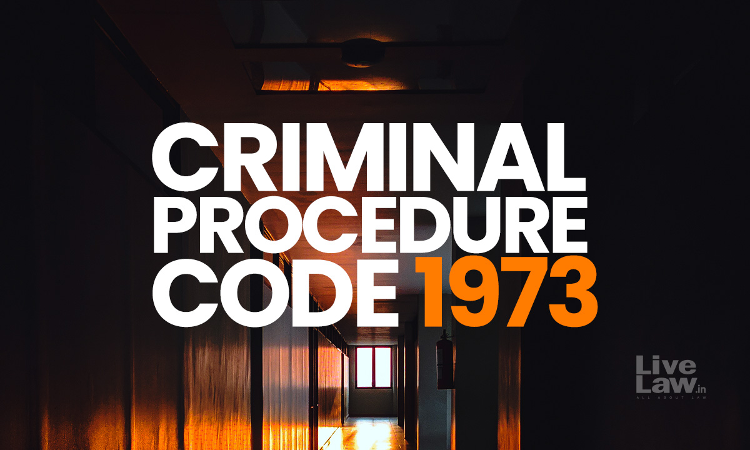Section 226 CrPC - Public Prosecutor Owes A Duty To Give A Fair idea Regarding Prosecution Case To Trial Court: Supreme Court
Ashok KM
27 July 2022 5:26 PM IST

Next Story
27 July 2022 5:26 PM IST
The Supreme Court observed that before a Trial Court proceeds to frame the charge against the accused, the Public Prosecutor owes a duty to give a fair idea to the Court as regards the case of the prosecution.Section 226 CrPC permits the prosecution to make the first impression regards a case, one which might be difficult to dispel, the bench comprising Justices AM Khanwilkar, Abhay S Oka and...
